
Kód: 05247887
Bonobos
Autor Takeshi Furuichi, Jo Thompson
Among all great ape species, the bonobo is still the least studied in both captivity and the wild. Nevertheless we have observed a considerable increase in knowledge across various fields of bonobo research in recent years. In par ... celý popis
- Jazyk:
 Angličtina
Angličtina - Väzba: Pevná
- Počet strán: 327
Nakladateľ: Springer-Verlag New York Inc., 2008
- Viac informácií o knihe

Mohlo by sa vám tiež páčiť
Darujte túto knihu ešte dnes
- Objednajte knihu a vyberte Zaslať ako darček.
- Obratom obdržíte darovací poukaz na knihu, ktorý môžete ihneď odovzdať obdarovanému.
- Knihu zašleme na adresu obdarovaného, o nič sa nestaráte.
Viac informácií o knihe Bonobos
Nákupom získate 450 bodov
 Anotácia knihy
Anotácia knihy
Among all great ape species, the bonobo is still the least studied in both captivity and the wild. Nevertheless we have observed a considerable increase in knowledge across various fields of bonobo research in recent years. In part due to the ongoing peace process in the Democratic Republic of Congo, research and conservation activities on the bonobo have resumed and multiplied since 2001. §Part One of The Bonobos: Behavior, Ecology, and Conservation focuses on scientific research. Behavioral studies in captivity propose to answer why bonobos have some unique characteristics such as high social status of females and flexible social relationships. The outcomes present important aspects to be investigated in running field studies. In the wild, analysis of population genetics across the bonobo's distribution range illuminates the species' evolutionary path and contributes to a global management plan. Site specific analysis reveals how genetics are used to re-identify individuals after an extended interruption of long-term research. Ecological studies at three independent sites, two in Salonga National Park, as well as one in the Luo Scientific Reserve, provide valuable information for the comprehension of ecological adaptation of bonobos. With the application of recent methods of mammalian feeding ecology as well as comparative approaches in other great ape species, these studies allow us to draw conclusions on ape ecological adaptation and evolution. §Part Two of The Bonobos: Behavior, Ecology, and Conservation focuses on conservation. In overview, local and global aspects of the factors threatening the wild bonobo population are reviewed. Here the outcomes of large-scale efforts within the functioning ecosystem conservation paradigm focus on three landscapes within the range of the bonobo: the Salonga-Lukenie-Sankuru Landscape, the Maringa-Lopori-Wamba Landscape, and the Lac Télé-Lac Tumba Swamp Forest Landscape, are presented. Papers in this part include the different aspects of various stakeholders and discuss the unique threats and actions taken to ensure bonobo survival. Pioneering the way, details from the first comprehensive assessment of bonobos in the Salonga National Park reveal a baseline from which to monitor future trends. Concerned about the indigenous' peoples aspects of conservation, an ethnographic study documents cultural, social, and economic practices for the purpose of reviving the local traditional knowledge to exemplify possible applications at the national level. To be inclusive of all aspects of range country concerns, the contributions of Kinshasa's bonobo sanctuary to national conservation efforts are presented. The outcome of these contributions taken together not only illuminate the current status of the bonobo but allow for critically designing the next steps for the continuation of its future.
 Parametre knihy
Parametre knihy
Zaradenie knihy Knihy po anglicky Mathematics & science Biology, life sciences Zoology & animal sciences
181.74 €
- Celý názov: Bonobos
- Podnázov: Behavior, Ecology, and Conservation
- Autor: Takeshi Furuichi, Jo Thompson
- Jazyk:
 Angličtina
Angličtina - Väzba: Pevná
- Počet strán: 327
- EAN: 9780387747859
- ISBN: 0387747850
- ID: 05247887
- Nakladateľ: Springer-Verlag New York Inc.
- Hmotnosť: 758 g
- Rozmery: 235 × 155 × 27 mm
- Dátum vydania: 03. March 2008
Obľúbené z iného súdka
-
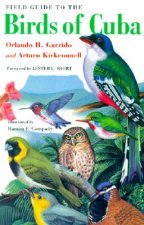
Field Guide to the Birds of Cuba
25.14 € -19 % -
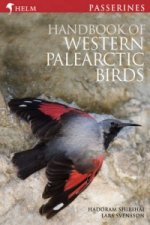
Handbook of Western Palearctic Birds
146.47 € -20 % -

Bach Flower Remedies For Animals
21.97 € -23 % -

Mammals of Costa Rica
25.14 € -19 % -

Wolves
33.72 € -5 % -
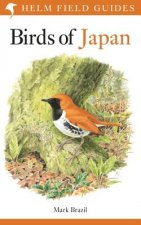
Birds of Japan
43.64 € -

Birds of Argentina and Southwest Atlantic V 1
42.41 € -1 % -

Fishes of Indiana
26.26 € -

End of the Megafauna
35.56 € -2 % -
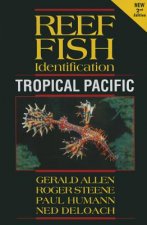
Reef Fish Identification
47.01 € -3 % -

Essentials of Clinical Anatomy of the Equine Locomotor System
87.70 € -

Complete Illustrated Encyclopedia of Birds of the World
21.97 € -23 % -

Complete Field Guide to Butterflies of Australia
46.09 € -
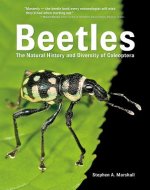
Beetles
70.52 € -23 % -

In The Shadow Of Man
17.88 € -3 % -

Wisdom of Wolves
23.19 € -15 % -

Butterflies of North America
64.70 € -2 % -

Anatomy of the Horse
99.86 € -

Centipedes in Captivity
71.75 € -

Nature of Horses
11.13 € -23 % -

Rise of Marine Mammals
86.47 € -
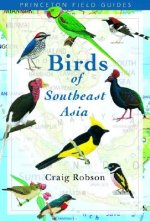
Birds of Southeast Asia
29.23 € -19 % -
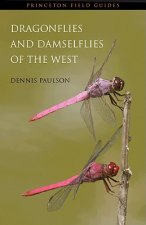
Dragonflies and Damselflies of the West
29.94 € -10 % -

Comparative Osteology
80.64 € -

Field Guide to the Birds of Thailand
47.22 € -4 % -

Bumblebees
32.60 € -

Handbook of Larval Amphibians of the United States and Canada
114.48 € -
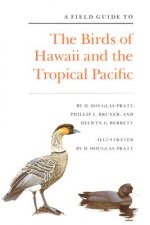
Field Guide to the Birds of Hawaii and the Tropical Pacific
53.04 € -2 % -

RSPB Guide to Birdsong
19.51 € -20 % -

Why Big Fierce Animals Are Rare
16.35 € -19 % -

Principles of Thermal Ecology: Temperature, Energy and Life
99.45 € -
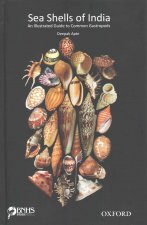
Sea Shells of India
58.87 € -

Dance Language and Orientation of Bees
85.86 € -
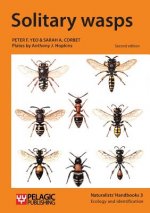
Solitary wasps
36.99 € -

Prairie Dog Empire
22.27 € -3 % -
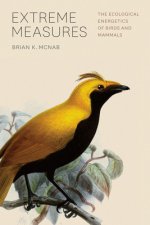
Extreme Measures - The Ecological Energetics of Birds and Mammals
59.38 € -

National Audubon Society Guide to Marine Mammals of the World
34.03 € -17 % -

Tracks and Signs of the Animals and Birds of Britain and Europe
42 € -

Chimpanzee Politics
37.20 € -
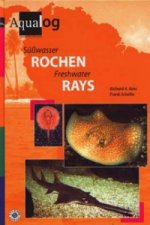
Aqualog Freshwater Rays
28.61 € -4 % -
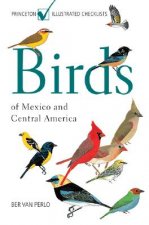
Birds of Mexico and Central America
26.77 € -19 % -

Fishes of the Maldives
55.29 € -

Birds of Central Asia
50.59 € -4 % -
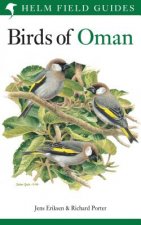
Birds of Oman
43.84 € -5 % -
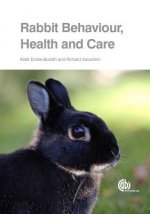
Rabbit Behaviour, Health and Care
29.74 € -5 % -

Turtles of the World
73.18 € -

Are You My Mother?
9.50 € -17 % -

Lives of Bees
37.40 € -
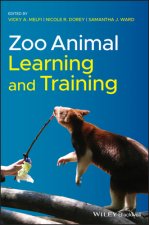
Zoo Animal Learning and Training
72.87 €
Osobný odber Bratislava a 2642 dalších
Copyright ©2008-24 najlacnejsie-knihy.sk Všetky práva vyhradenéSúkromieCookies




 21 miliónov titulov
21 miliónov titulov Vrátenie do mesiaca
Vrátenie do mesiaca 02/210 210 99 (8-15.30h)
02/210 210 99 (8-15.30h)